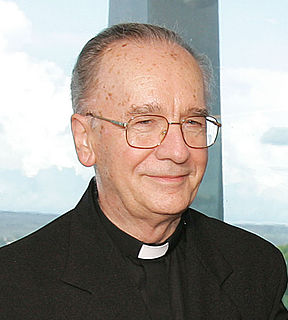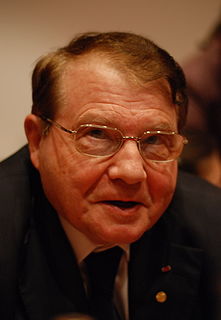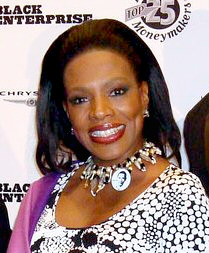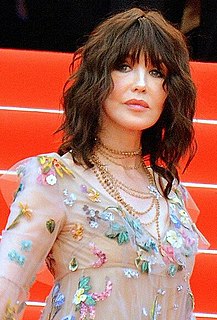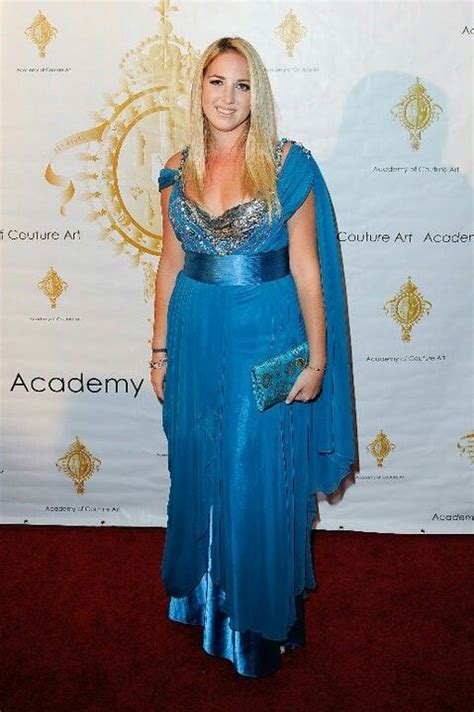A Quote by Bianca Jagger
I have friends of mine who have died of AIDS and many of those friends...did not tell me until the very end...because they felt that there was a stigma, a taboo, attached to it...now we have more women infected with HIV/AIDS, many of those women were infected by their husbands who did not tell them
Related Quotes
An AIDS-free generation would mean that virtually no child is born with HIV; that, as those children grow up, their risk of becoming infected is far lower than it is today; and that those who become infected can access treatment to help prevent them from developing AIDS and from passing the virus on to others.
There's so much stigma around HIV/AIDS. It's a challenging issue, and the people that already have been tested and know their status find it very, very hard to disclose their status, to live with that virus, and to even seek out the kind of information they need. This experience of going to South Africa a decade ago really woke me up to the scale of the HIV/AIDS pandemic in sub-Saharan Africa, how it was affecting women and their children. I haven't been able to walk away from it.
Hillary Clinton said that white women did not vote for her because their husbands told them not to. You remember that? And we all said, "Wait a minute. What happened to feminism? Who are all of these docile women who are only doing what their husbands and boyfriends tell 'em to do?" But Hillary said that. White women didn't vote for her because their husbands didn't like Hillary and their husbands are telling them.
It occurred to me that there have always been selkie women: women who did not seem to belong to this world, because they did not fit into prevailing notions of what women were supposed to be. And if you did not fit into those notions, in some sense you weren't a woman. Weren't even quite human. The magical animal woman is, or can be, a metaphor for those sorts of women.
I spent the past week here in India getting a sense of the reality of HIV and AIDS in people's lives. Fathers and mothers are dying, leaving children with no support. Stigma and discrimination is ruining the family lives. There is an urgent need for education, information, and increased awareness of HIV and AIDS. The response needs to be now. We cannot afford to become fatigued.



